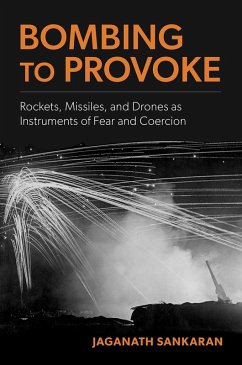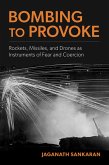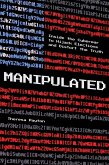The influence of aerospace weapons on the battlefield is felt profoundly, yet the mechanism of coercion by which these weapons alter the will of the adversary is poorly understood. This book argues that it is not what these weapons physically do but how they weaponize fear and trigger a sense of defenselessness that matters for understanding their coercive effect. For anyone seeking to understand why states at war in the age of aerospace weapon warfare operate and react in the ways that they do, this book's methodical dissection of the strategic rationale behind these weapons makes it necessary reading.
Dieser Download kann aus rechtlichen Gründen nur mit Rechnungsadresse in A, B, BG, CY, CZ, D, DK, EW, E, FIN, F, GR, HR, H, IRL, I, LT, L, LR, M, NL, PL, P, R, S, SLO, SK ausgeliefert werden.









